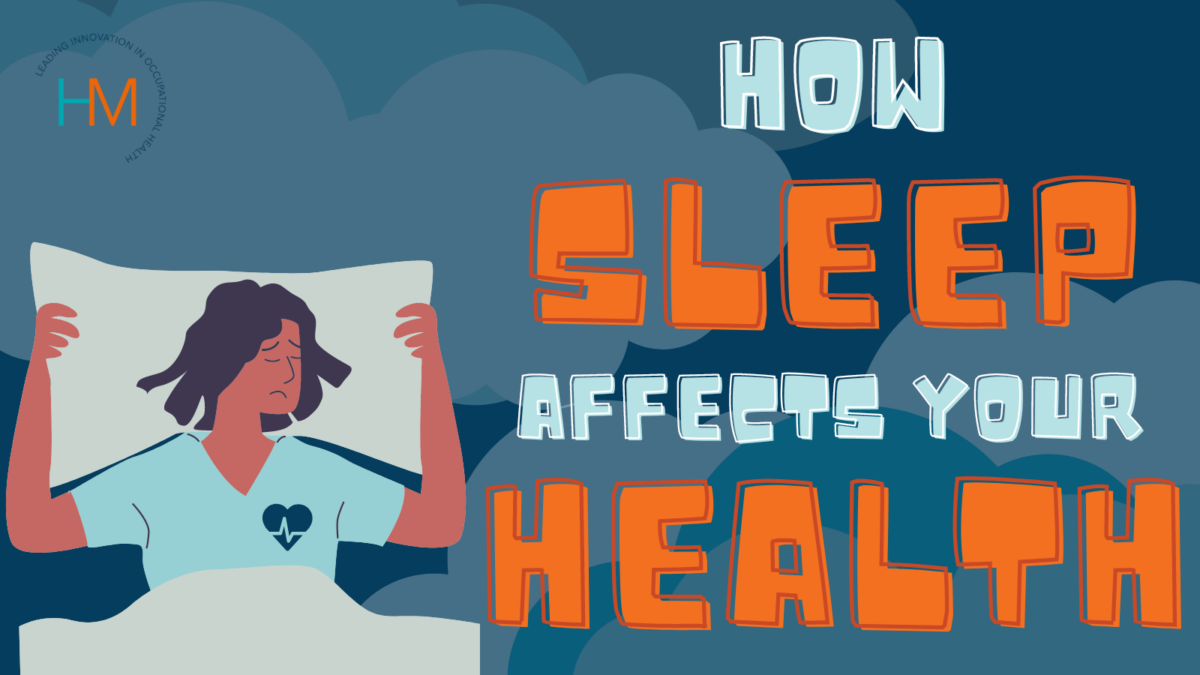It is easy to get into a habit of going to bed and getting to sleep later in the evening, and many people can adapt to functioning on less sleep. However, the long term effects of a lack of sleep on your health can be far worse than feeling a little groggy.
It is recommended that adults above the age of 18 get between 7-9 hours of sleep every night. For example if your morning alarm is set for 6am – this means getting to sleep ideally by 10pm.
Long-term effects of lack of sleep:
- Negative impact on short and long-term memory
- Can effect mood and lead to anxiety or depression
- Focus and concentration issues
- Increase in risk of accidents
- Weaker immunity- meaning you are more likely to get sick and wont recover as quickly
- Increase in blood pressure – meaning higher risk of heart disease
- Affects the body’s release of insluin putting you at greater risk of diabetes
- Weight gain- the chemicals that tell your brain you are full become off balance leading to risk of over eating
- Decreased libido
- Negative impact on balance and coordination
Sleep Quality vs Sleep Quantity
Sleep quantity is the measure of how much sleep you are getting each night, which is simple to measure.
Sleep quality is defined by specific characteristics:
- Falling asleep soon after getting into bed (under 30 minutes)
- Sleeping straight through the night (waking up no more than once each night)
- Sleeping the recommended number of hours for your age group
- Falling back to sleep within 20 mins if you do wake up
- Feeling restored, rested and energized when waking
If you are either not getting enough sleep, or you think you might not be getting quality sleep, it may be time to start looking at your sleep hygiene and night time routine.






